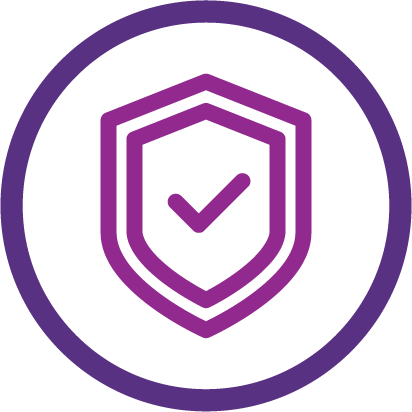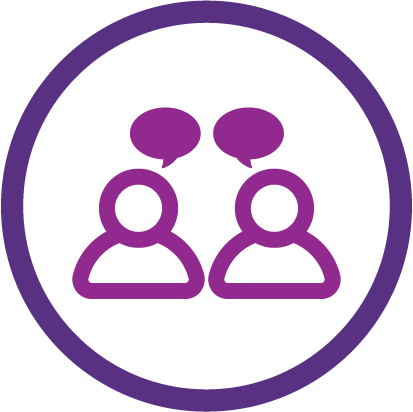All leaders and organizations have been forced to rethink how they work and operate due to the pandemic. COVID-19 has changed everything, from supply chains to customer service, from recruiting and retaining employees to managing the rapid pace of technological change. Expectations have also changed in so many ways and with so many audiences.
As organizations plan for the new year and the recovery out of the pandemic, it is critical to recognize the magnitude of change and the incredible opportunity for renewal. The years, months, and days leading up to March 2020 are gone. Rather than a return to normal, we should prepare for an exciting return to new.
Recognizing this new reality should happen at the board level, with CEOs and management. The need to understand values, context, and influence ecosystems has never been more important. The requirement to adjust, adapt, and transform, as well as communicate clearly with stakeholders, continues.
Woven throughout this changed atmosphere is the need for trust. Every corporation, government, or other organization operates within a social context. As people’s values and expectations change, leaders must keep pace and get in front. Trust will be the foundation of every goal and accomplishment.
Context is always important with trust. Canadian public-opinion research shows there is considerable room for improvement. In annual surveys of Canadians for over seven years, the Proof Strategies CanTrust Index™ has found concerningly low levels of trust among employees with their employer and among the general public with institutions and corporations.
The CanTrust Index™ research has found declining trust levels across all five institutional groups it follows: government, media, business, not-for-profits, and charities. Encouragingly, the research finds that companies considered to be industry leaders regularly outperform the overall trust level for their sector. The best-performing organizations have higher trust in almost all cases.
The Environics Institute’s 2021 “Confederation of Tomorrow” study also shows that confidence in business leaders is in decline. For much of the past forty years—roughly from the early 1980s to the mid-2000s—confidence in business leaders held steady at a relatively high level. Confidence fell at the time of the 2008 financial crisis and has now fallen even further. There has been a twenty-point drop in confidence in business leaders since 2006.
However, there is a road map to improve. The 2021 CanTrust Index™ shows that among the ways of building trust, the highest priority, supported by 67 percent of Canadians, is for companies to take care of the health and well-being of employees. Equally important, 67 percent also say they are much more likely to trust companies that share their values, and 58 percent gain trust when companies advocate for positive social change. To build trust, academic research shows that an organization should demonstrate commitment to competence, empathy, and integrity.
Below are five steps we suggest as business leaders prepare for 2022:
Trust building should be customized.
The same approach or tools will not apply in every situation. The key is to understand an organization’s culture and values, as well as those of its critical stakeholders, and with both internal and external audiences.
Be inclusive.
Privilege is not a pathway to trust. When one group in society holds a disproportionate amount of power, it is not surprising for other groups to lose faith in any sense of fairness. When public trust is lost, the negative consequences start adding up.
Say it, do it.
People are smart, and digital tools have increased transparency in all organizations. We are judged by our actions, not our intentions. In this new world, we are challenged to take action. In stating commitments, values, and plans, it is critical to demonstrate concrete actions.
Listen to understand and be relevant.
Employees are your most important stakeholder group. Start here and work out to other stakeholders. Understand what they value and what their priorities are. Who do they trust? Understanding this ecosystem of values, influence, and beliefs is key to building trust with people. Corporate boards have a legal obligation to protect shareholders, but that alone is not sustainable. Boards need to be accountable to employees, customers, communities, and the planet.
Engage and care for your people.
Trust is based on ability, empathy, and integrity. It’s also a team sport. Your organization’s culture and values must be clear at the top and reflected in the actions of your entire team. Managers determine trust as much as leaders, and all employees should be your best ambassadors. Trust is the foundation for all other success.
The coming years may make leaders uncomfortable, but the change will be exciting and create opportunities for even greater success. Stakeholders will be watching closely. There is no returning to 2019 or 2020, so start planning for the exciting return to new.
Bruce MacLellan is the Co-founder and CEO of Proof Strategies and lives in Ontario. Elana Rosenfeld is the Co-founder and CEO of Kicking Horse Coffee and lives in British Columbia.
Proof Strategies has collaborated with the Institute for Corporate Directors and leading academic experts to create The Trust Matters Toolkit, a discussion guide for boards to understand and plan for trust. To learn more, contact bmaclellan@getproof.com.
Opening image by R.M. Nunes









